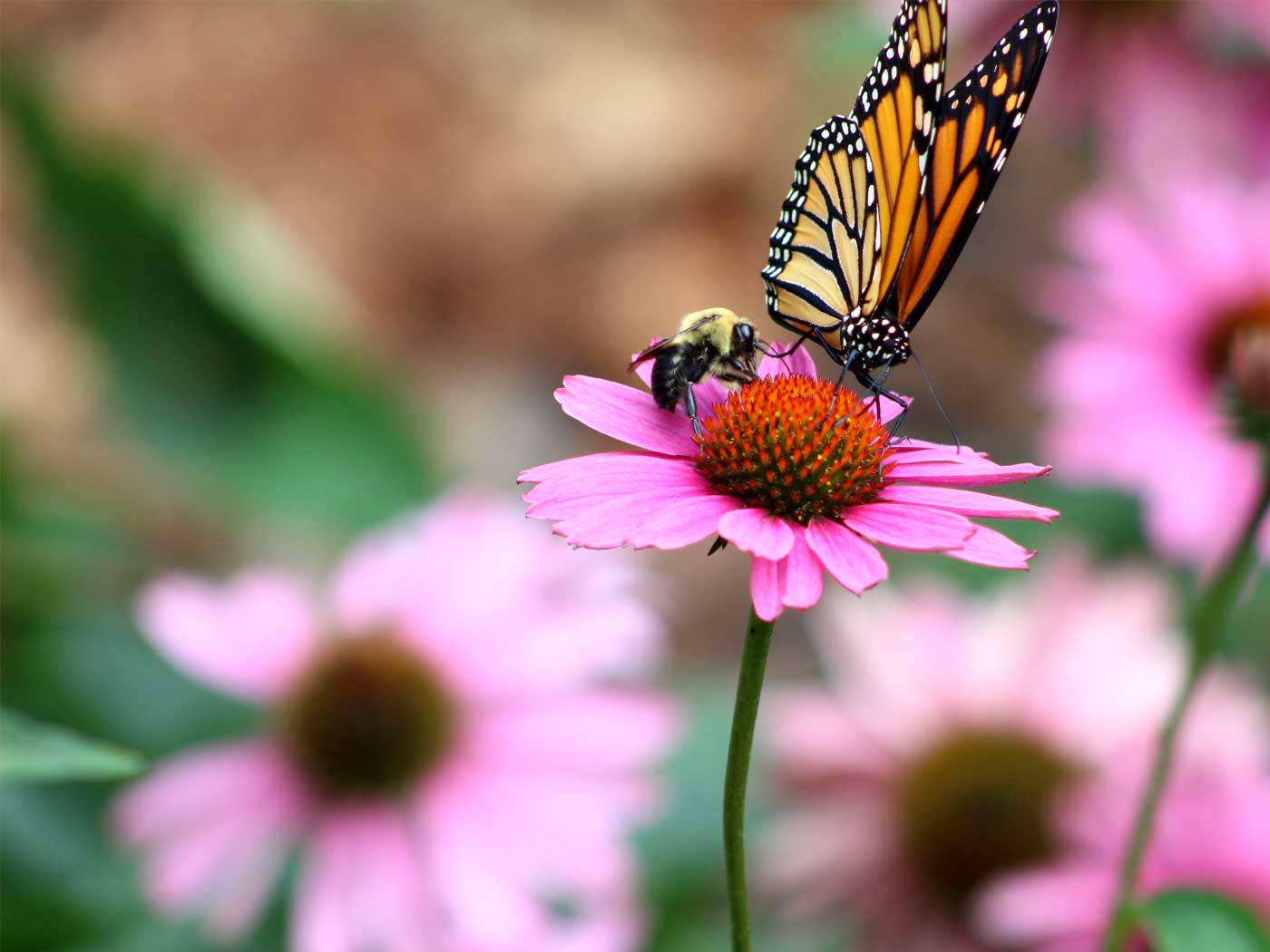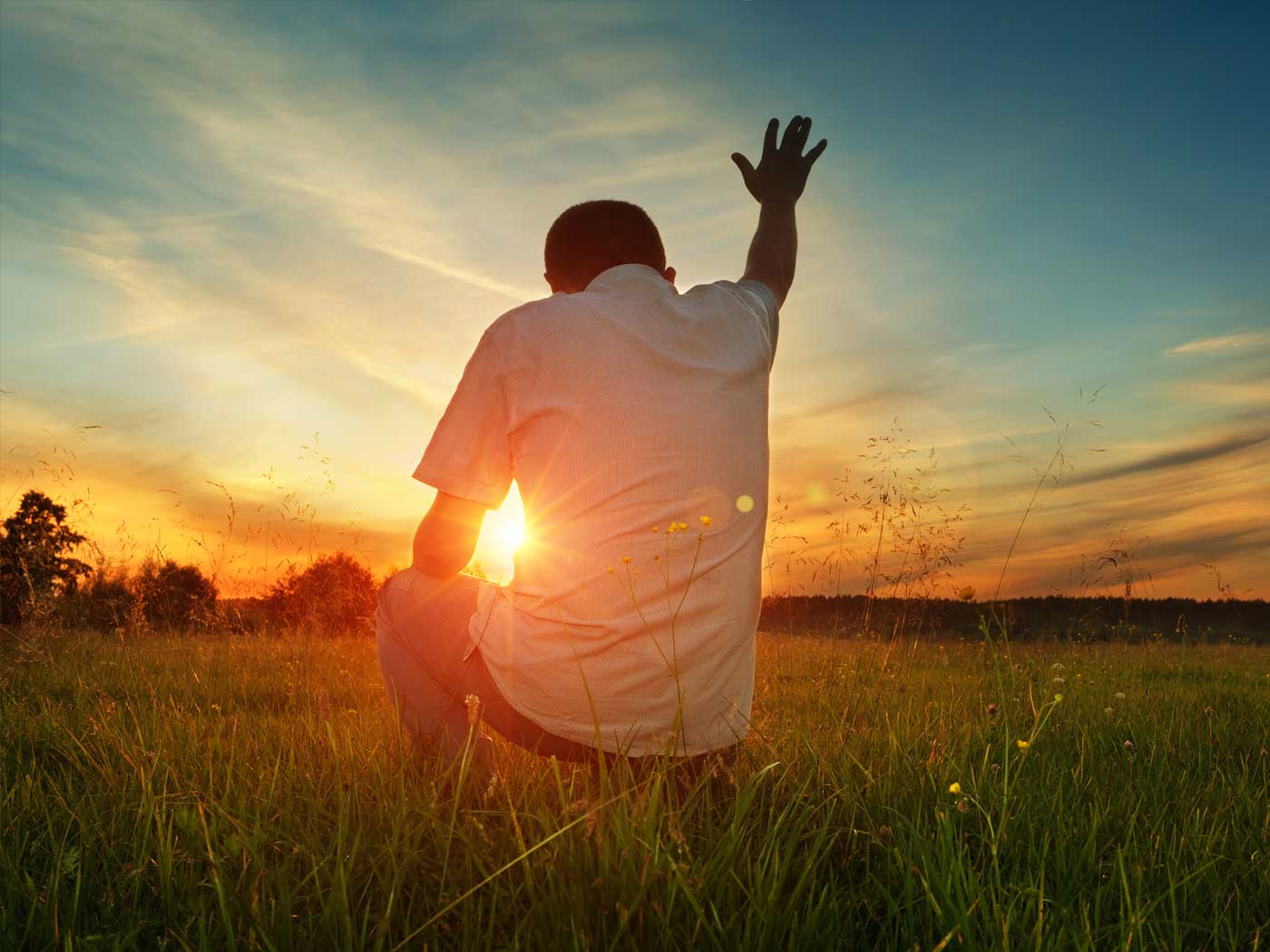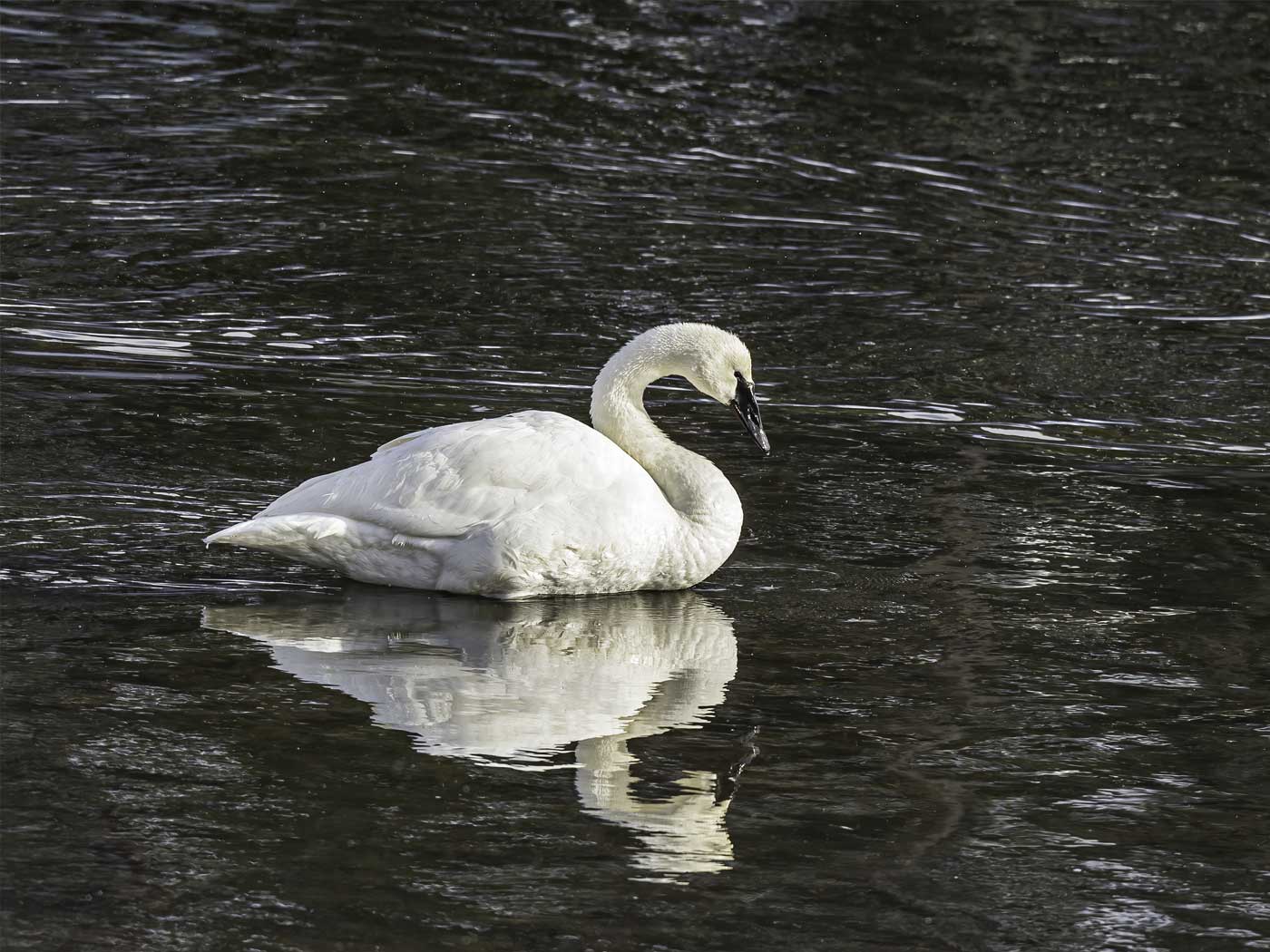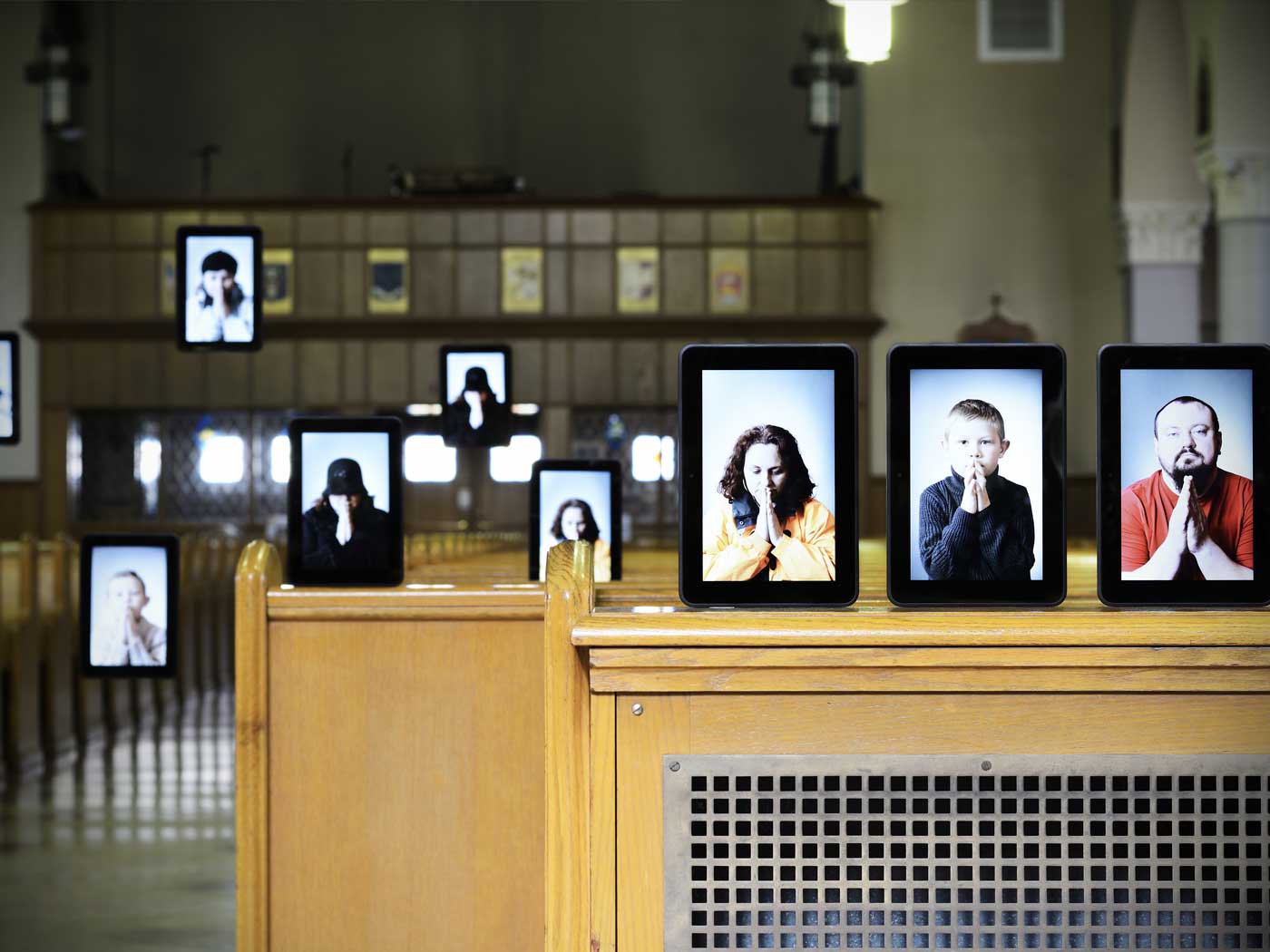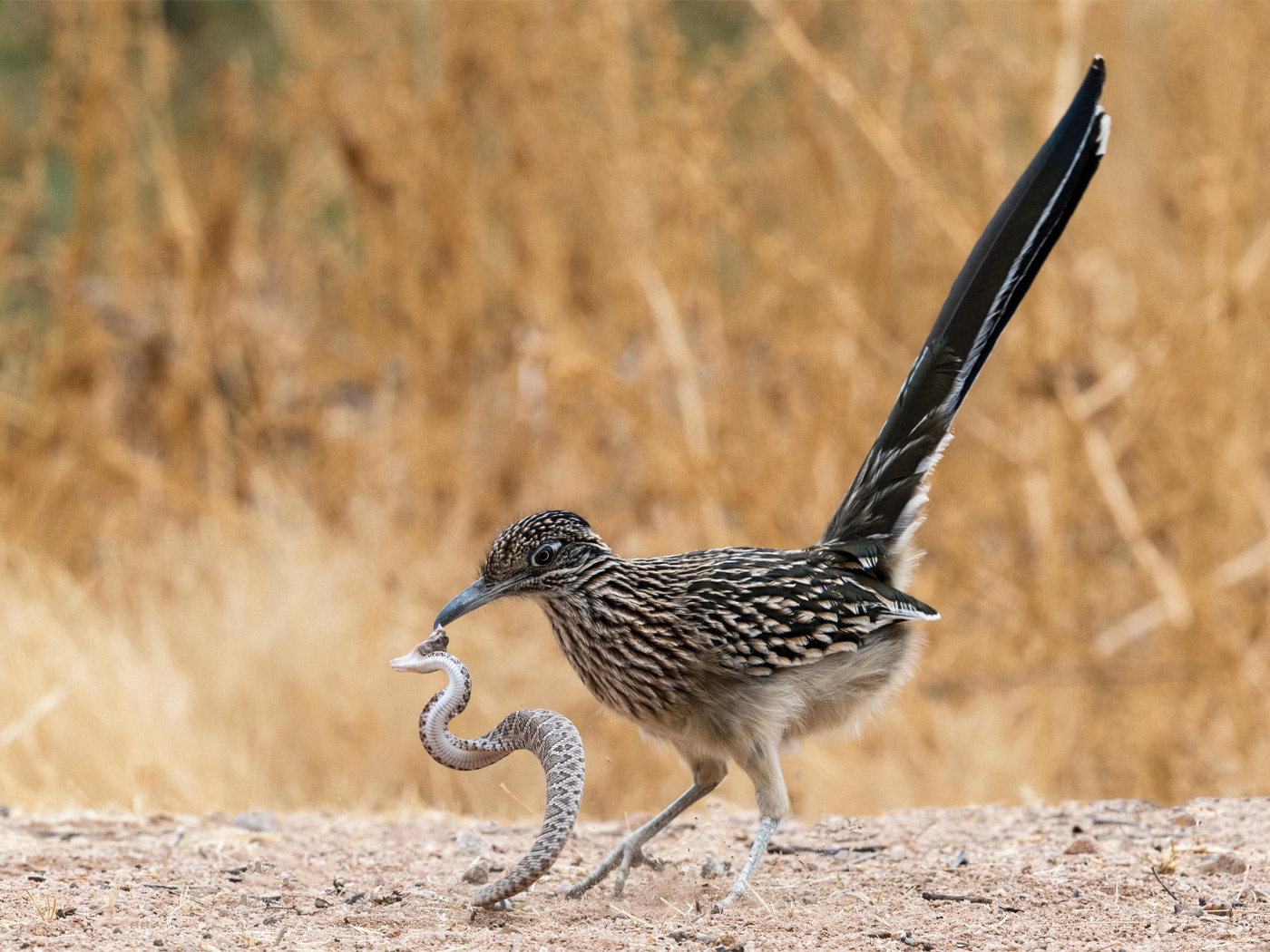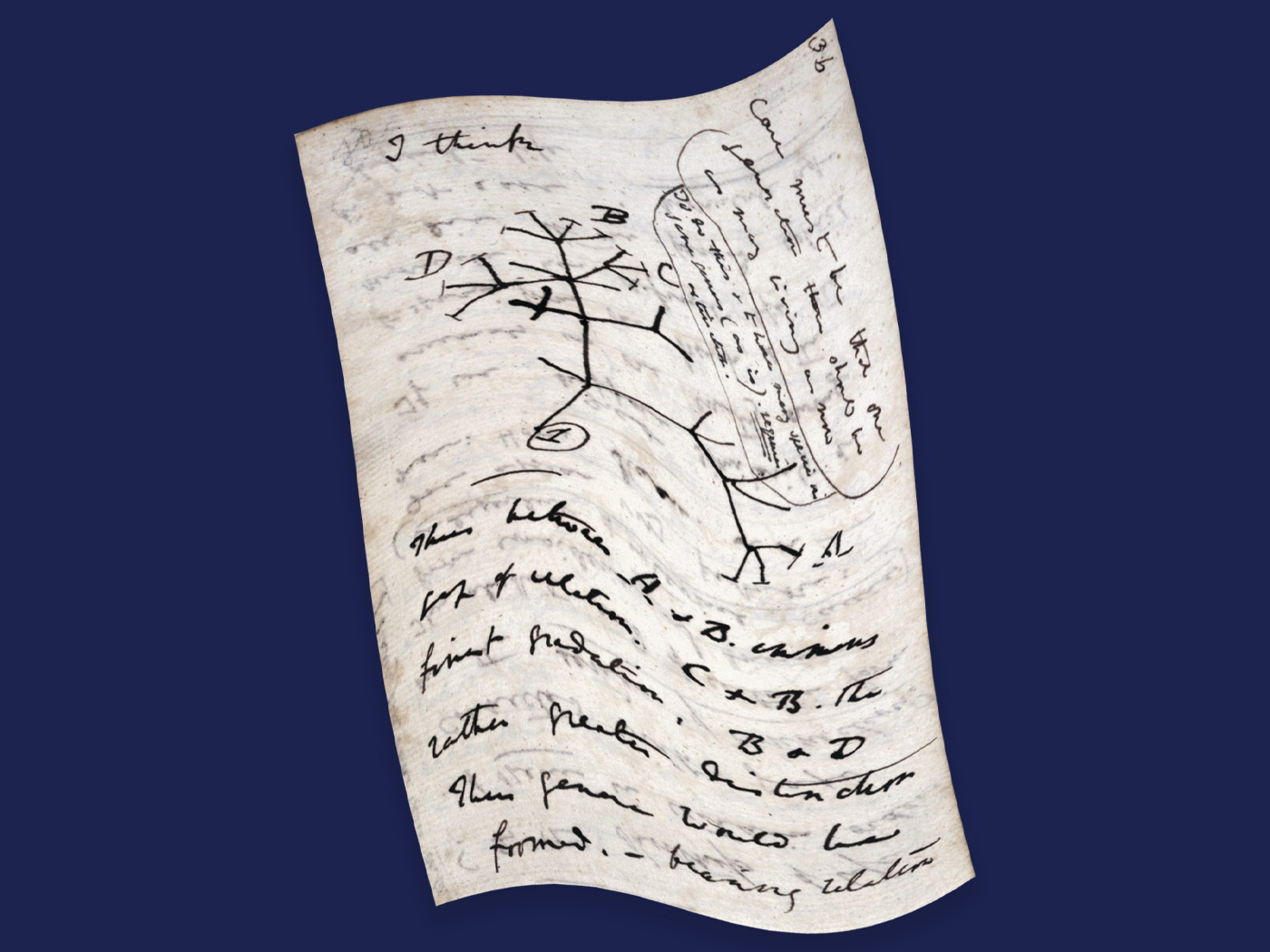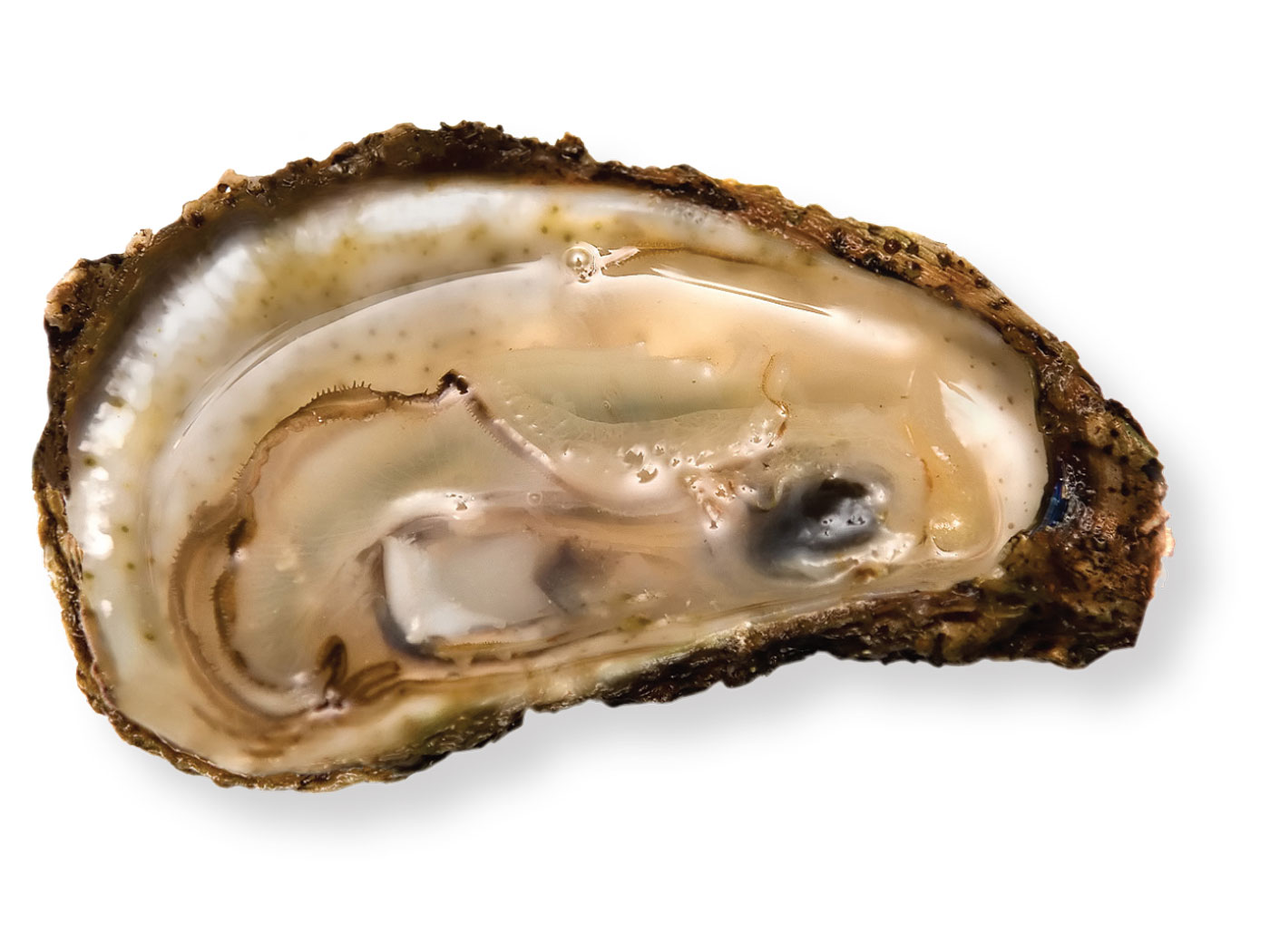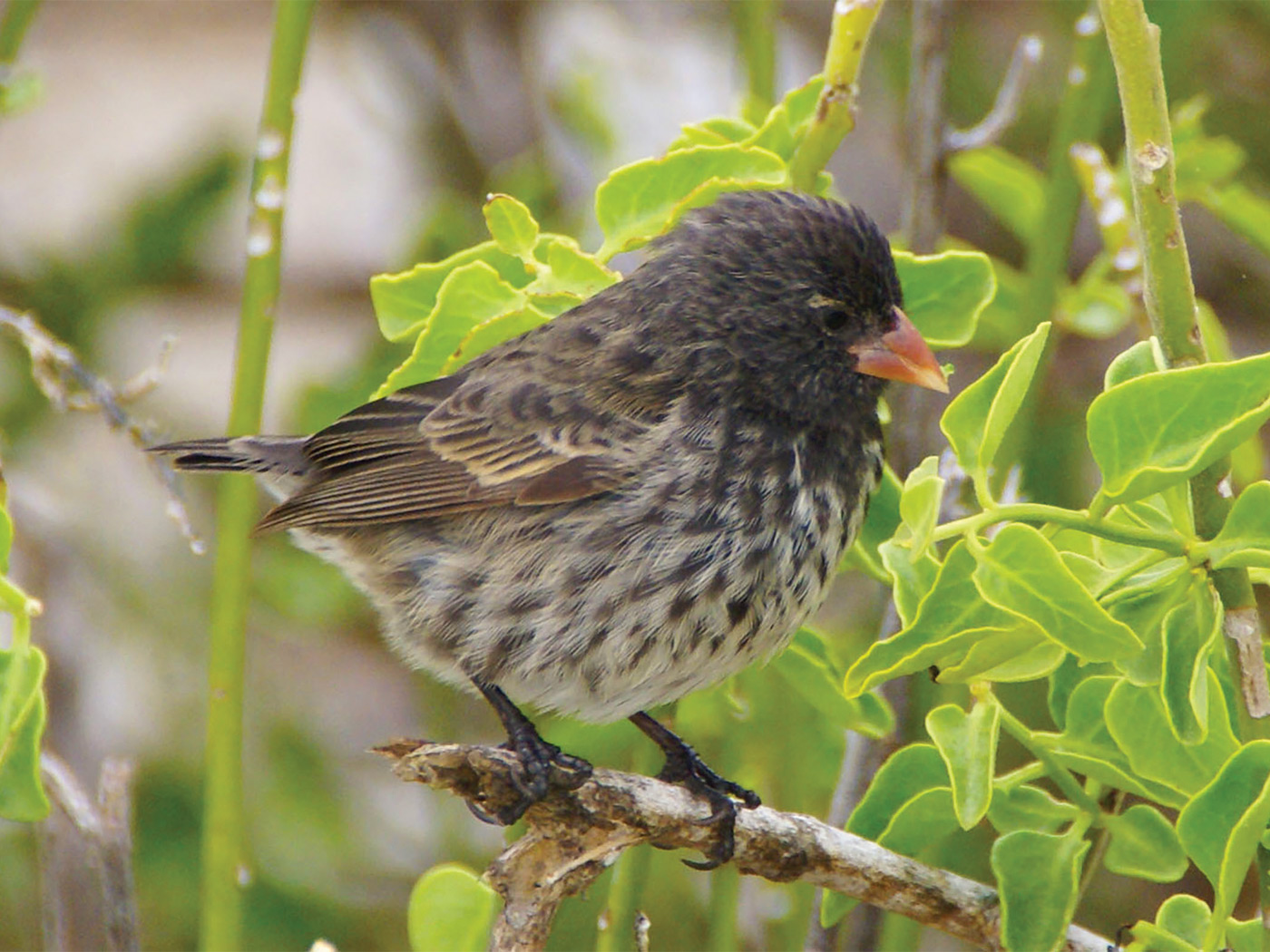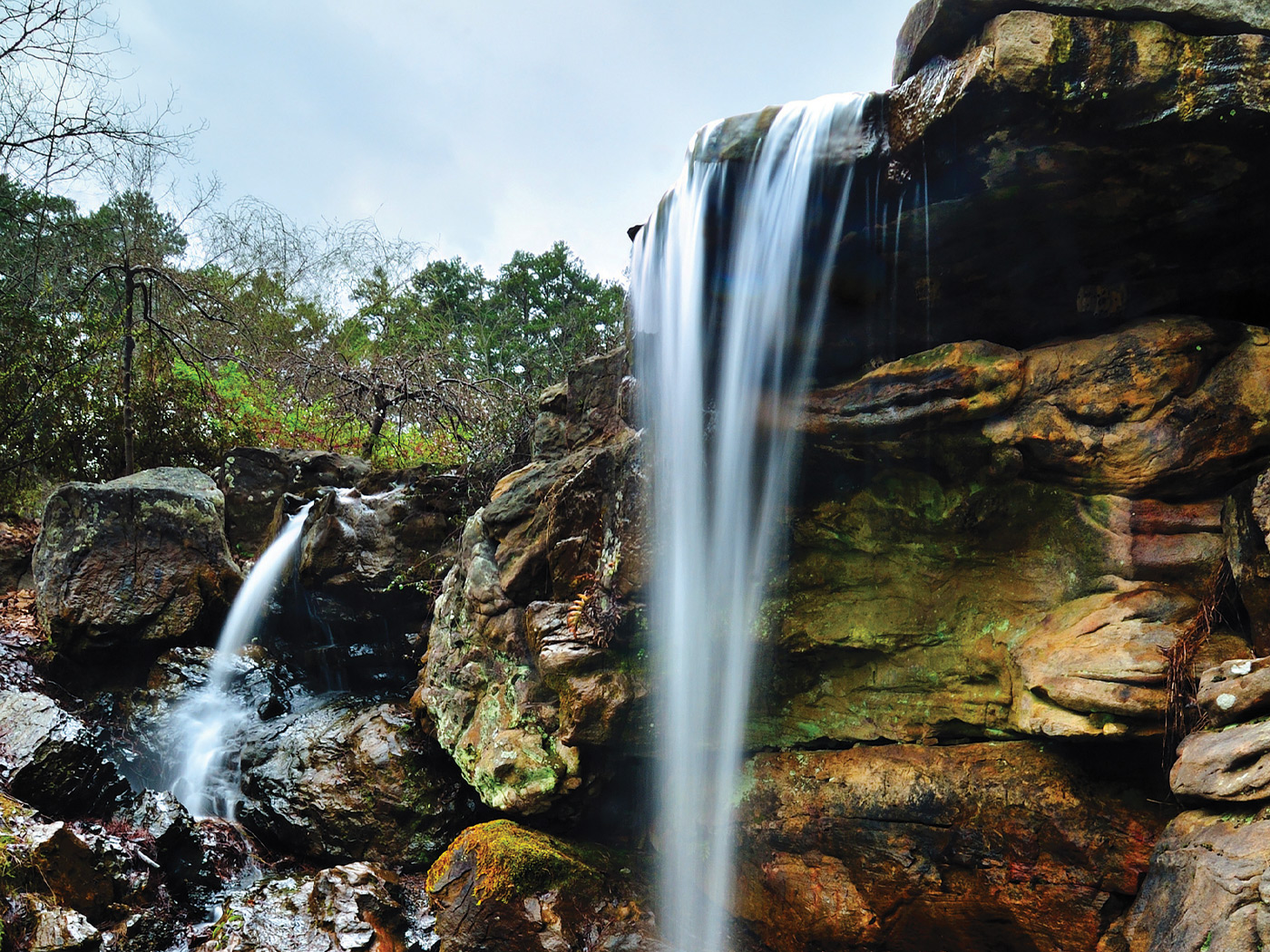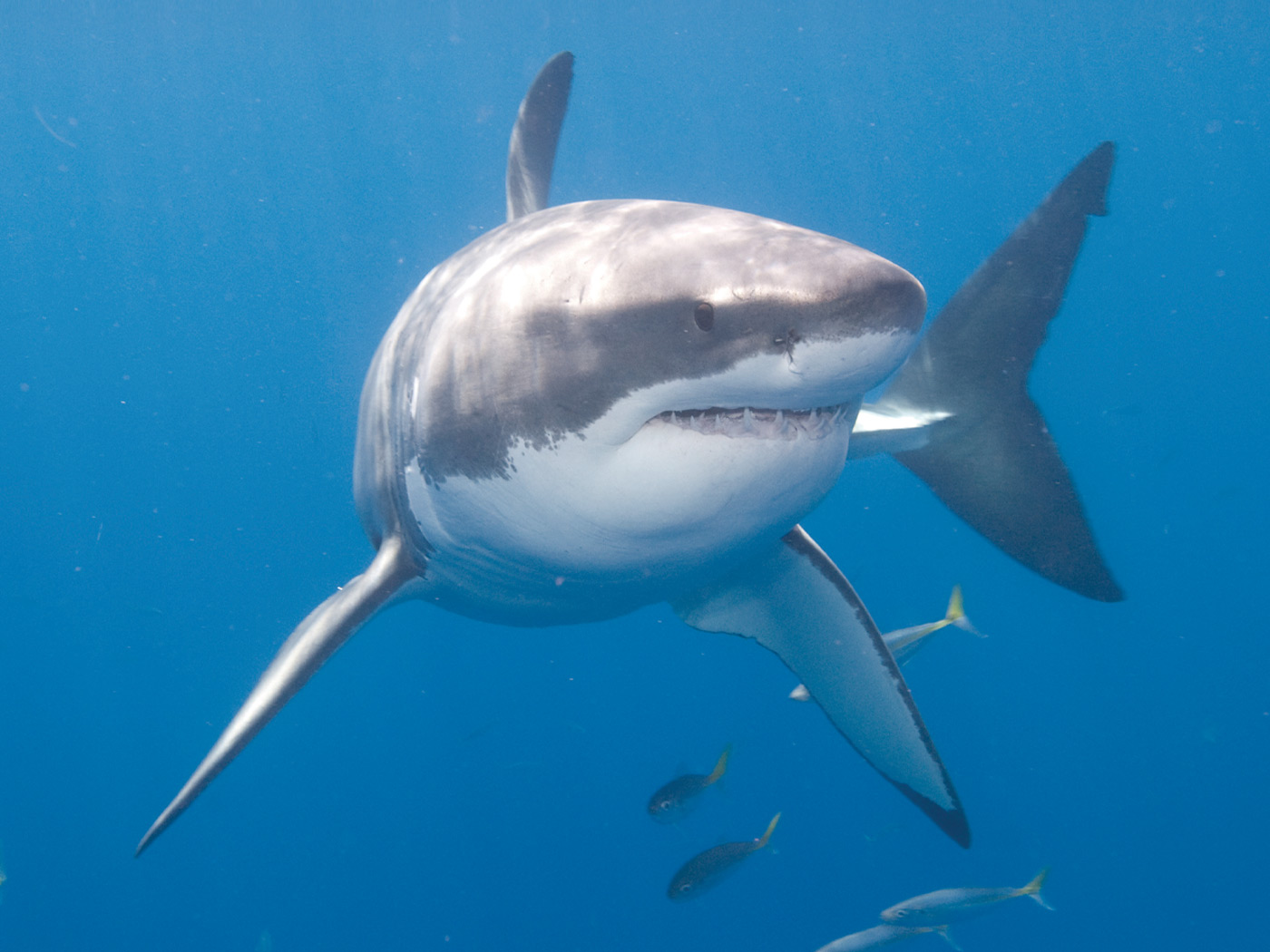On one end, some people are extremely careful. They follow social distancing guidelines, wash their hands until they’re raw, wear facemasks as the CDC recommends, and only leave the house every two weeks to get groceries (or just have their groceries delivered).
Yet, in spite of the fact that they’re being wise in their actions, they still live in fear and dread. They still shudder at the fact that at any moment someone in their household could start to cough, potentially beginning a terrifying journey filled with hospital bills and even death. Unfortunately, this scenario is unfolding in real life for so many across our globe—maybe even some reading this article. Perhaps others are scared by the threat of losing their jobs. Maybe they already have, and they don’t know how they’ll continue taking care of their families.
These are incredibly weighty, heartbreaking realities that we must pray about daily and prepare for wisely, but is it right to live in such constant, overwhelming fear? Is it right to allow ourselves to get distracted by the cares of this life from our ultimate mission of loving God and loving others?
However, others are disregarding warnings and advice from the majority of the world’s health experts. They continue to gather with others in spite of social distancing mandated by disaster decrees. They downplay the current crisis and insist that it has been blown out of proportion, or they simply believe that they are personally immune to its impact. They view protective restrictions with suspicion and disregard them, believing that this worldwide pandemic is nothing but a conspiracy contrived to strip away our freedoms. Or perhaps, instead, they use God’s sovereignty as an excuse, saying that no matter how they live, God is in control.
We should certainly be grateful for our freedoms, and as believers we should live with confidence in God’s complete sovereignty over our lives. But is it right to blatantly defy the informed advice of thousands of health professionals around the globe? Is it right to disobey the temporary orders of our government since they do not ask us to go against Scripture?
These are two extremes, but many people fall somewhere in between these viewpoints, or even fluctuate rapidly as additional news articles surface.
Almost 500 years ago, Dr. Martin Luther faced these same questions as the bubonic plague epidemic raged in his hometown Wittenberg, Germany. How should Christians respond to epidemics? What’s the proper balance between wisdom in potentially dangerous situations, and confidence in God’s sovereignty? Or, in our day, do we have to choose between faith and facemasks?
As modern-day believers, we could certainly learn from Luther’s description of this balance. In a letter he wrote to a pastor friend, Luther explained his approach:
…I shall ask God mercifully to protect us. Then I shall fumigate, help purify the air, administer medicine, and take it. I shall avoid places and persons where my presence is not needed in order not to become contaminated and thus perchance infect and pollute others, and so cause their death as a result of my negligence. If God should wish to take me, he will surely find me and I have done what he has expected of me and so I am not responsible for either my own death or the death of others. If my neighbor needs me, however, I shall not avoid place or person but will go freely… See, this is such a God-fearing faith because it is neither brash nor foolhardy and does not tempt God.1
Trustful confidence in God and careful wisdom are not mutually exclusive. In fact, they can and must be balanced in our response as believers.
Just as in the rest of life, a harmony exists between God’s sovereignty and human responsibility.
God is completely sovereign and controls everything in His universe. That never changes, regardless of mankind’s actions. However, He has also given us a responsibility to use wisdom and common sense in our lives as we seek to love Him and love those around us. The entire book of Proverbs—and countless other passages—focuses on this. Christ Himself, when Satan tempted Him to jump off of the highest point of the temple, replied, “You shall not tempt the Lord your God.”2
Other times, He carefully avoided people He knew would do Him harm since it was not yet the time for Him to die. Though Jesus was the all-powerful Son of God, He still recognized His responsibility to live wisely before His Father.
Additionally, He has commanded us to obey the government,3 which is currently regulating or recommending things for the general preservation of people in our nation.
When we look back after all of this is over, of course we will see that mistakes were made by ourselves, governments across the world, and health professionals. We are all human, and thus prone to missteps.
However, outcomes are God’s territory, not ours. In this moment, we have the God-given task to make the wisest decisions we know how in order to love Him and love those around us. We can walk confidently as we do so, knowing that our God is in complete control yesterday, today, and forever.
References
1. Luther, M. 1968. Luther’s Works, Vol. 43: Devotional Writings II. Gustav K. Wiencke, ed. Philadelphia, PA: Fortress Press, 119-38.
2. Matthew 4:7.
3. Matthew 22:15-22; Romans 13:1-7; Titus 3:1-2; 1 Peter 2:13-17.
*Lauren Pennington is Volunteer Coordinator at the ICR Discovery Center for Science & Earth History.






